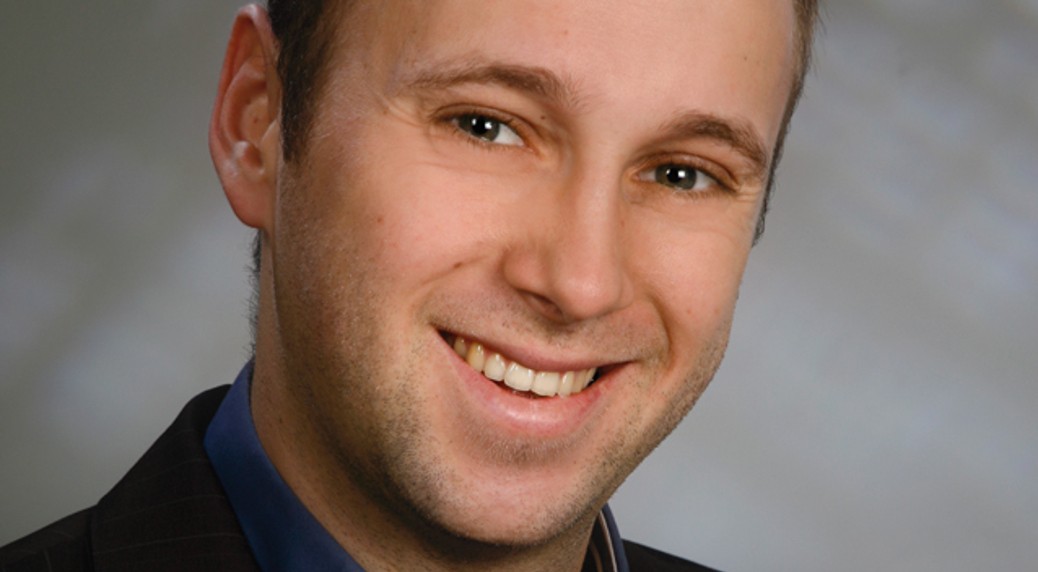Architecture Challenges for Internal Software Ecosystems: A Large-Scale Industry Case Study
Wednesday, February 4th 2015, 14:00
Room: S3-218 (Computer Science Building)
Abstract: The idea of software ecosystems encourages organizations to open software projects for external businesses, governing the cross-organizational development by architectural and other measures. Even within a single organization, this paradigm can be of high value for large-scale decentralized software projects that involve various internal, yet self-contained organizational units. However, this intra-organizational decentralization causes architecture challenges that must be understood to reason about suitable architectural measures.
In this talk, I will present results of our in-depth case study on collaboration and architecture challenges in two of these large-scale software projects at Siemens. We performed a total of 46 hours of semi-structured interviews with 17 leading software architects from all involved organizational units. Our major findings are: (1) three collaboration models on a continuum that ranges from high to low coupling, (2) a classification of architecture challenges, together with (3) a qualitative and quantitative exposure of the identified recurring issues along each collaboration model.
These results provide valuable insights for both industry and academia: Practitioners that find themselves in one of the collaboration models can use empirical evidence on challenges to make informed decisions about counteractive measures. Researchers can focus their attention on real-world challenges faced by practitioners to make software engineering more effective.
Klaus-Benedikt Schultis is a Doctoral Student at Friedrich Alexander Universität Erlangen-Nürnberg and a researcher at Siemens CT. In 2012 he received a Master of Science with honours in software engineering from Technische Universität München, Ludwig-Maximilians Universität München, and Universität Augsburg.

